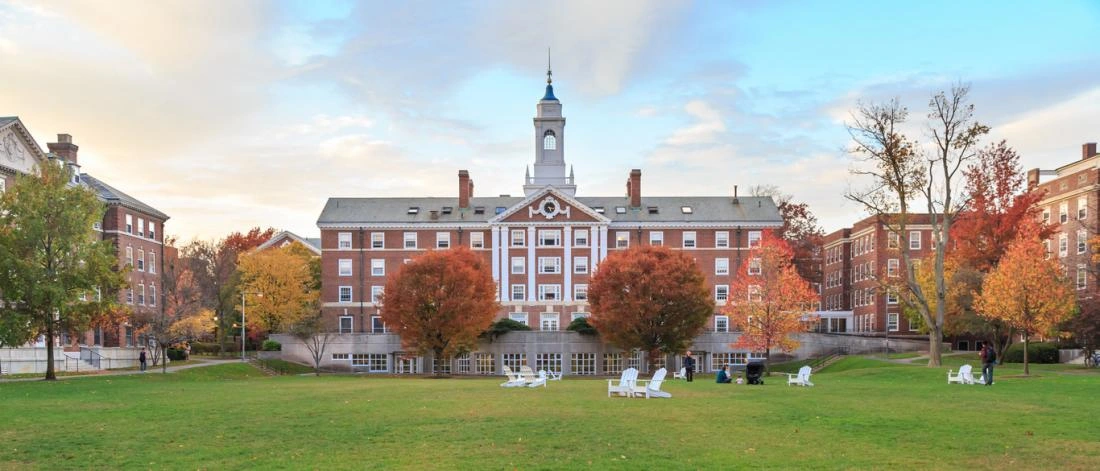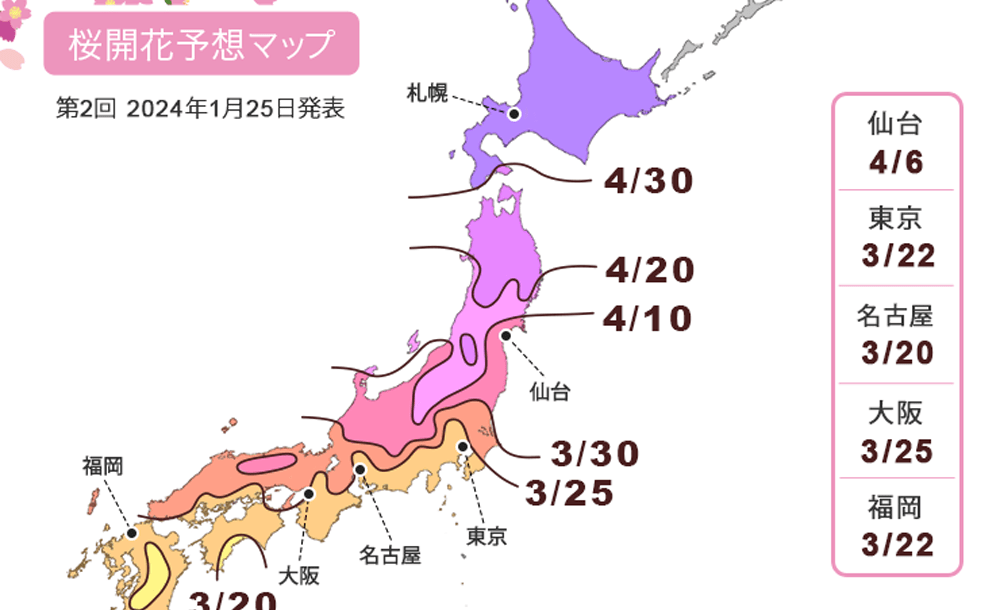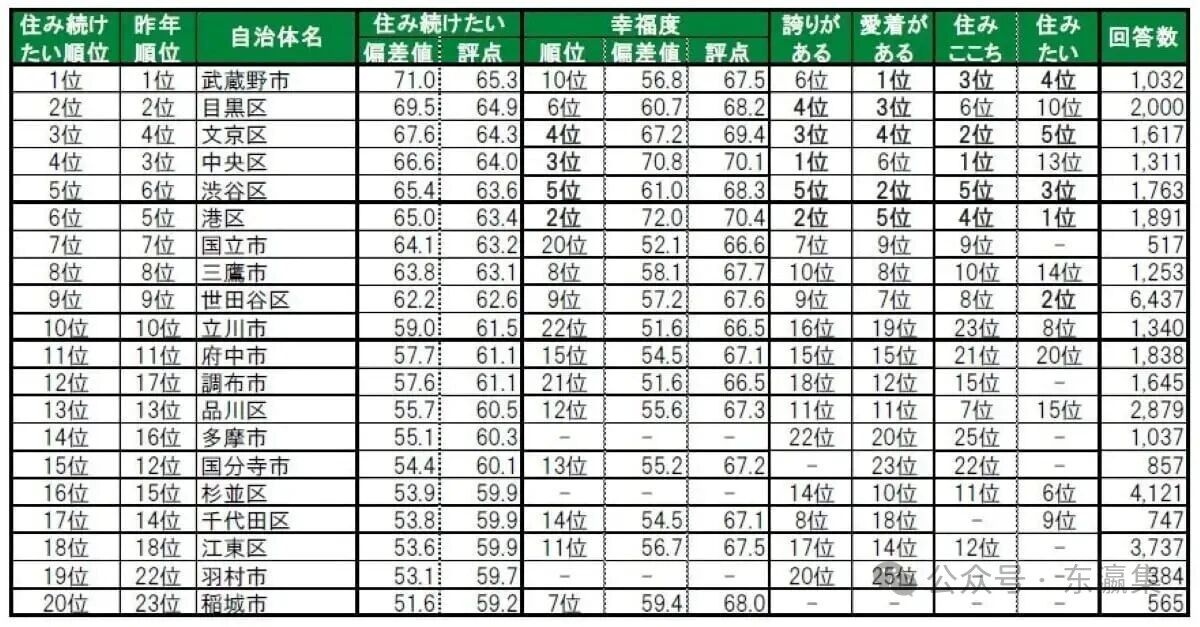In the 2024 World University Rankings released by the Center for World University Rankings (CWUR), Harvard University has been consecutively ranked as the best global university for 13 years. The ranking, now in its 13th year, selects the top 2,000 universities from a pool of 20,966 worldwide.

This year's top 10 ranked schools are as follows:
1. Harvard University (United States)
2. Massachusetts Institute of Technology (United States)
3. Stanford University (United States)
4. University of Cambridge (United Kingdom)
5. University of Oxford (United Kingdom)
6. Princeton University (United States)
7. Columbia University (United States)
8. University of Pennsylvania (United States)
9. Yale University (United States)
10. California Institute of Technology (United States)
Among the top 10 this year, eight are from the United States, while the remaining two are the University of Cambridge and the University of Oxford from the United Kingdom. Harvard University, Massachusetts Institute of Technology, and Stanford University have maintained their positions in the top three for the sixth consecutive year. In the CWUR 2018-19 rankings, Harvard University, Stanford University, and Massachusetts Institute of Technology closely followed.
Here are the schools ranked 11th to 25th:
11. University of Chicago (United States)
12. University of California, Berkeley (United States)
13. University of Tokyo (Japan)
14. Cornell University (United States)
15. Northwestern University (United States)
16. University of Michigan (United States)
17. University of California, Los Angeles (United States)
18. Johns Hopkins University (United States)
19. Paris Sciences et Lettres University (France)
20. University College London (United Kingdom)
21. Duke University (United States)
22. University of Illinois (United States)
23. University of Toronto (Canada)
24. New York University (United States)
25. University of Washington (United States)
Evaluation Methodology
CWUR evaluates universities based on four factors:
・Education (25%): Academic performance of graduates relative to university size.
・Employment (25%): Career performance of graduates relative to university size.
・Faculty (10%): Number of faculty members with outstanding academic achievements.
・Research: Evaluated using four indicators:
i) Research output (10%): Total number of research papers.
ii) High-quality publications (10%): Number of research papers published in renowned academic journals.
iii) Influence (10%): Number of research papers published in high-impact journals.
iv) Citations (10%): Number of highly cited research papers.
Comparison by Country
Among the top 2,000 global universities, the United States has the most with 329. Of the top 25 ranked schools, 19 are from the United States, with all 8 Ivy League schools entering the top 70. China has 324 universities in the top 2000, while Japan has 110.
University of Cambridge has been rated the world's best public university for 11 consecutive years. Leading the way, the United Kingdom has 92 universities in the top 2000. France has 73 universities and Russia has 46 participating.
This is good news for American universities, which have been shaken by protests against anti-Semitism and Islamophobia, prolonged student protests over the Gaza conflict, declining admission rates, and decreasing social trust.
Because CWUR rankings emphasize research based on quantitative metrics, they are less susceptible to changes in opinion compared to rankings reliant on reputation. Additionally, due to significant lag in statistical data, factors like graduate employment rates, which may reflect public sentiment, may not necessarily reflect current attitudes.





